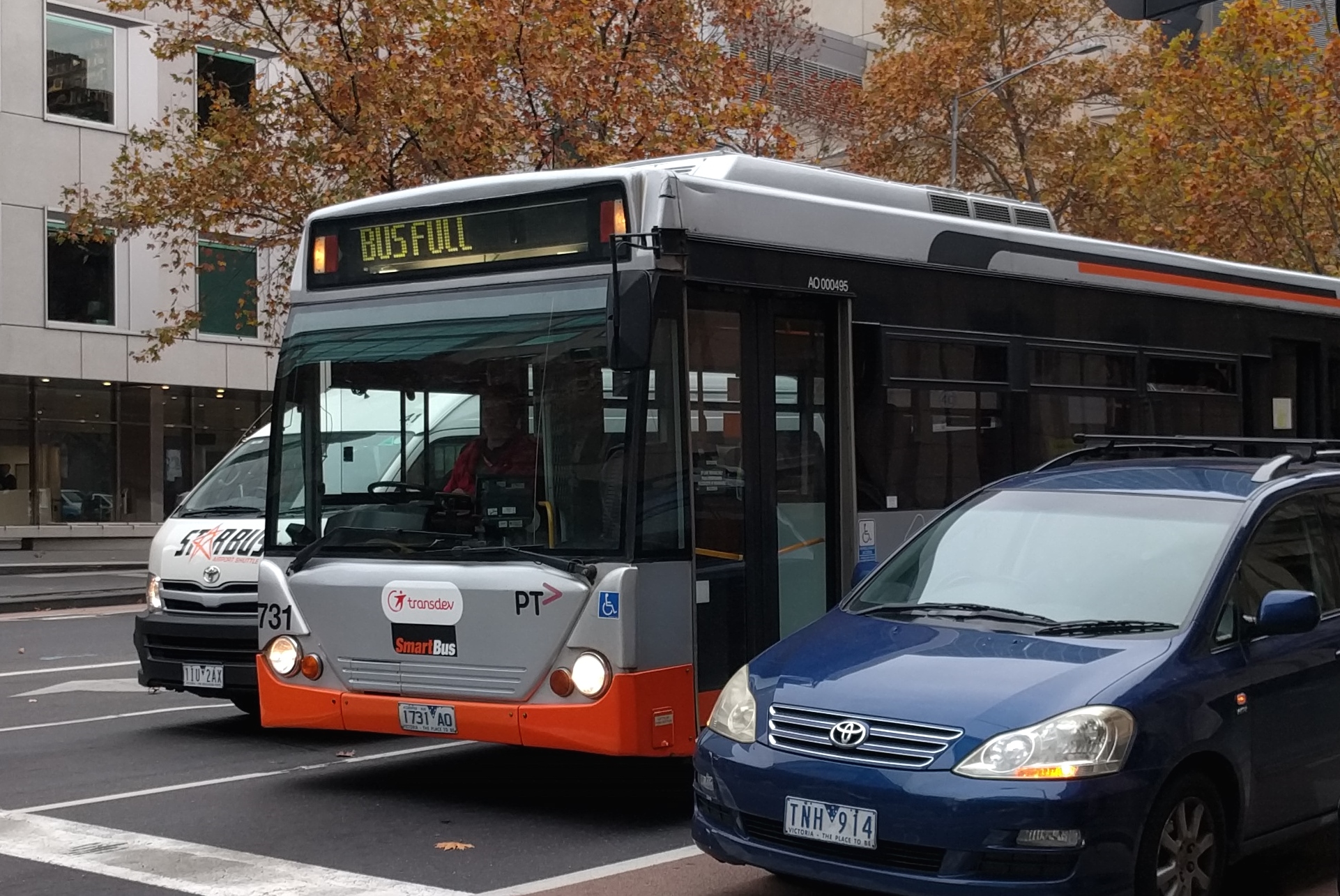(Media release from Transport For Everyone)
Key transport professionals have jointly written to the Victorian Premier urging the Government’s Building Victoria’s Recovery Taskforce to focus on upgrading bus services and active transport through a 5-point plan to improve mobility for Melbourne and build jobs as part of recovery from COVID-19.
The 5-point plan seeks a new vision for buses: fast tracking local bus reviews, delivering bus priority and enhanced Smart Bus top-10 corridors planned for future rail upgrade. Also sought, is boosting domestic jobs in bus building including electric buses to replace polluting diesel fleets.
The joint representations including by Monash Professor of Public Transport Graham Currie, University of Sydney Business School Adjunct Professor John Stanley, and transport groups across Melbourne, emphasise that “bus and active transport upgrades are quick to implement for immediate impact at a fraction of the cost of large scale infrastructure projects.”
They join the Eastern Transport Coalition (ETC), Public Transport Users Association, (PTUA), Transport for Everyone (T4e), Transport for Melbourne (T4M), Victorian Transport Action Group (VTAG) and others to urge that “The massive economic impact on budgets of the COVID-19 emergency necessitates more expedient transport outcomes in advance of longer term projects.”
T4e President, Cr Jackie Fristacky points out that “Public transport is an essential service”, yet “70% of Melbourne is beyond the effective reach of trams or trains and rely on buses. Despite this, many metropolitan bus services are underutilised due to infrequent, indirect services and which miss good catchments. This has led to high car dependency and travel cost burdens on households.”
“And it is many of these areas of Melbourne that have been most adversely impacted by COVID-19”, said Cr Fristacky.
The transport groups are united in the view that “The current period of reduced patronage due to COVID-19 provides the opportunity to revise poorly performing bus routes to work the bus fleet harder to make it more useful, more productive and efficient.”
Successes of frequent and regular direct Smart Bus services and University bus shuttles demonstrate the potential to substantially upgrade poorly performing bus routes to improve access and efficiency in services, build patronage and create jobs.


